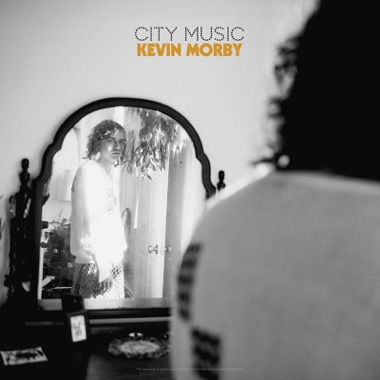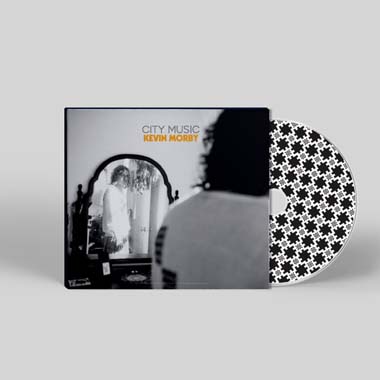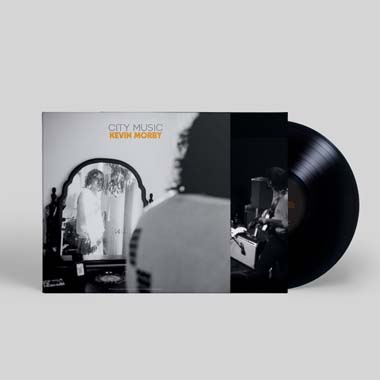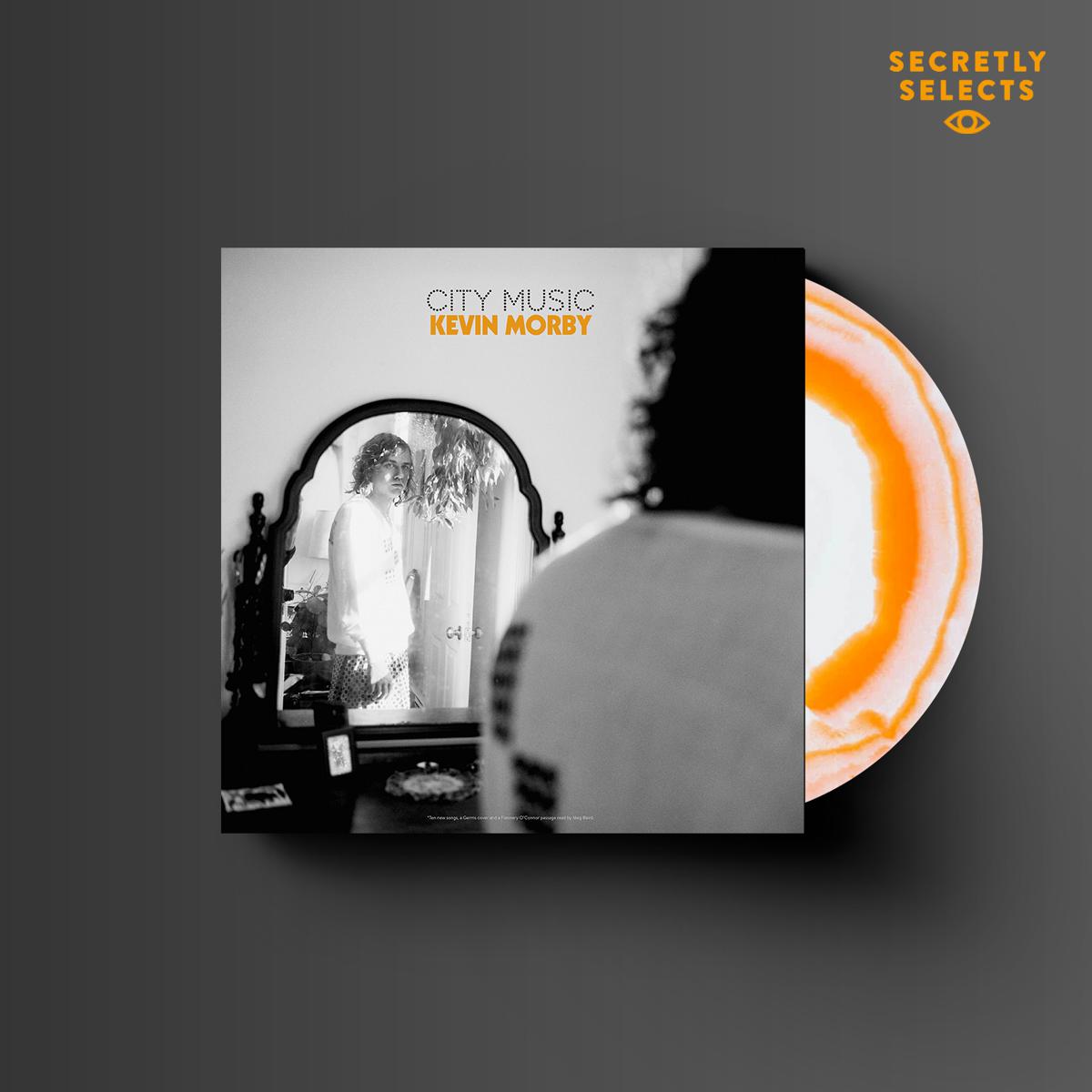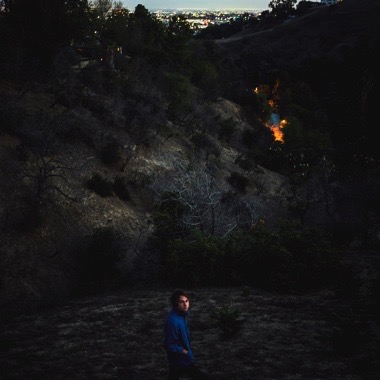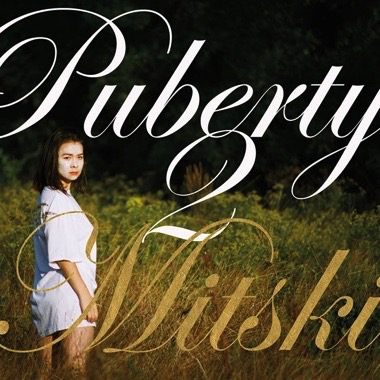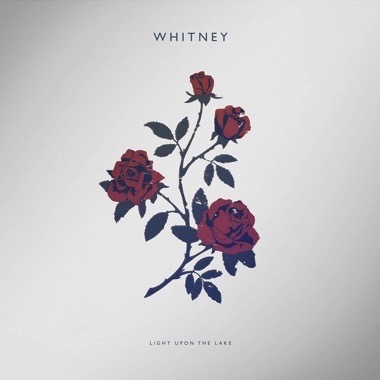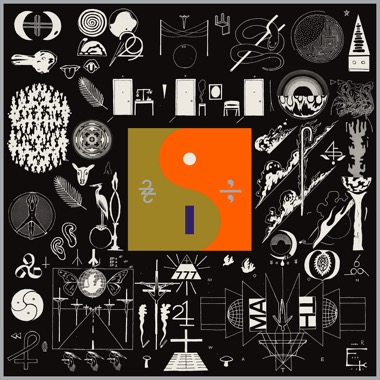Kevin Morby
City Music
City Music is an airplane descending over frozen lakes into Chicago. City Music is riding the Q Train out to Coney Island to smell the ocean and a morning in Philadelphia where great cranes reconfigure the buildings like an endless puzzle. City Music is a quiet afternoon moment on a bench in Baltimore, a highway in Seattle at night where the distant houses look like tiny flames and a bottle of red wine being drained on a bridge in Paris. City Music is a bus pulling into St. Louis at dawn where the arch looks like a metal rainbow reflecting the days early sunlight....
'City Music' is also the new album by Kevin Morby. Full of listless wanderlust, it’s a collection inspired by and devoted to the metropolitan experience across America and beyond by a songwriter cast from his own mould. As he puts it: “It is a mix-tape, a fever dream, a love letter dedicated to those cities that I cannot get rid of, to those cities that are all inside of me.”
His fourth album, 'City Music' works as a counterpart to Morby’s acclaimed 2016 release 'Singing Saw', an autobiographical set that reflected the solitude and landscape in which it was recorded. It was imagined as “an old bookshelf with a young Bob and Joni staring back at me, blank and timeless. They live here, in this left side of my brain, smoking cigarettes and playing acoustic guitars while lying on an unmade bed.”
And now follows 'City Music', the yang to its yin, the heads to its tails. It is a collection crafted using the other side of its creator’s brain, the jumping off point perhaps best once again encapsulated by an image. “Here, Lou Reed and Patti Smith stare out at the listener,” explains Morby. “Stretched out on a living room floor they are somewhere in mid-70s Manhattan, also smoking cigarettes.” It finds Morby exploring similar themes of solitude, but this time framed by a window of an uptown apartment that looks down upon an international urban landscape “exposed like a giant bleeding wound.”
Morby rose to prominence as bassist in Woods, with whom he recorded seven albums on Woodsist Records (Kurt Vile, The Oh Sees, Real Estate) while also forming The Babies with Cassie Ramone of Vivian Girls. Two albums and a clutch of classic singles with the latter followed. Morby’s 2013 debut solo work 'Harlem River' was a homage to New York and featured contributions from artists including Cate Le Bon and Tim Presley (of White Fence), while 2014’s Still Life garnered universal critical praise. “It’s easy to picture Morby with a wineskin under his arm,” noted a Pitchfork review. “His every worldly possession hitched to his back, an eye constantly fixed on some faraway point on the horizon.”
Recording at Panoramic Studios, a central Californian home-turned-recording studio, 'City Music' saw Morby joined once again by former The Babies cohorts Megan Duffy (guitar) and Justin Sullivan (drums). Here the vocals were at recorded night, in darkness, overlooking a Pacific Ocean illuminated only by the stars, the wash and whisper of the ebbing tidal a distant soundtrack. Six weeks of European touring had left the trio speaking a secret language that only a band can speak. “The language of a musical family,” explains Morby. “There was an outdoor shower with no curtain and deer ran through the front yard during the meals we cooked for each other...” The record was completed with Richard Swift in Oregon (producer of Foxygen, sometime member of The Black Keys).
From the widescreen opening of "Come To Me Now" through the bubblegum stomp of the Ramones-eulogising ‘1-2-3-4’ (which also references late poet Jim Carroll’s litany of friends lost, ‘People Who Died’), a stripped-back and wistful cover of "Caught In My Eye" by nihilistic LA punk wrecking crew Germs and on to Leonard Cohen-evoking closer "Downtown’s Lights", 'City Music' reads like a selection of musical postcards composed and posted in the moment. It is a forensic and poetic examination of a modern America in love with the myth of itself.
read more
